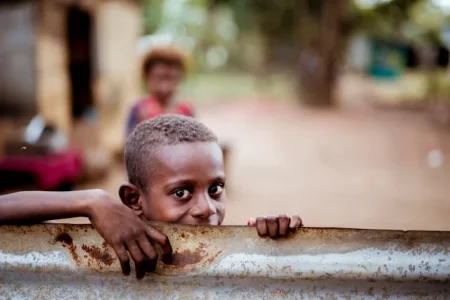
Image Credit: Ben White
The Digest:
The ongoing food crisis in Nigeria has worsened, with 34.7 million Nigerians now at risk of hunger, including 1.4 million Internally Displaced Persons (IDPs) in the northeast. Humanitarian aid cuts from the United Nations, coupled with rising food inflation, insecurity, and conflict, have exacerbated the situation. Many IDPs depend entirely on foreign aid, but with UN funding now halted, hunger and malnutrition rates are expected to surge.
Key Points:
- 34.7 million Nigerians face food insecurity, with 1.8 million children at risk of severe malnutrition.
- The UN’s World Food Programme (WFP) has exhausted its resources, leading to aid rationing.
- Aid cuts have triggered malnutrition spikes and the imminent closure of over 150 donor-funded clinics.
- Attacks on farmers have led to widespread food production disruptions in the northeast.
- Boko Haram recruitment is expected to increase as hunger deepens insecurity.
- The Borno State Government claims readiness to tackle the crisis despite limited aid
The reduction in UN support has placed millions of vulnerable Nigerians at heightened risk of starvation and disease. While the Nigerian government has implemented strategies to mitigate the impact, experts warn that these cuts could escalate social unrest and insecurity.




